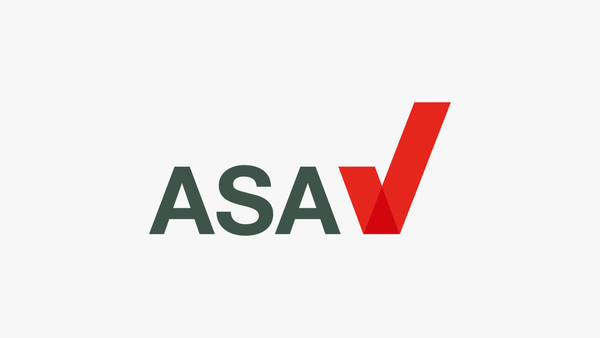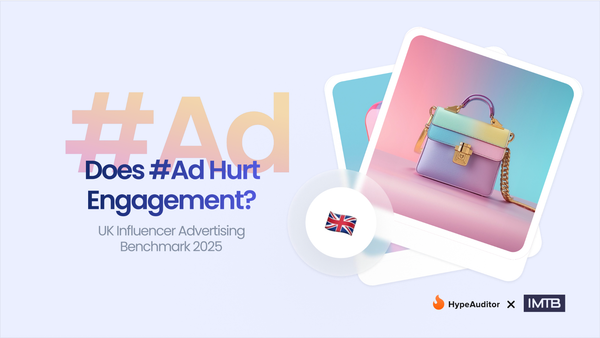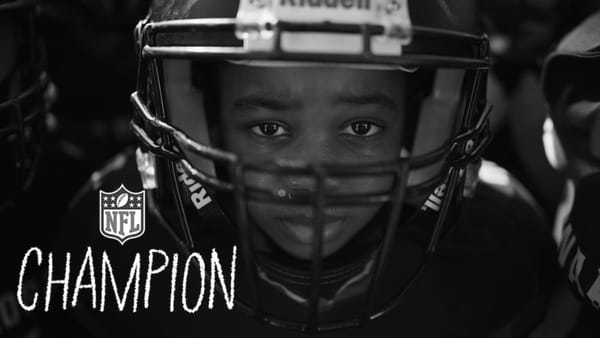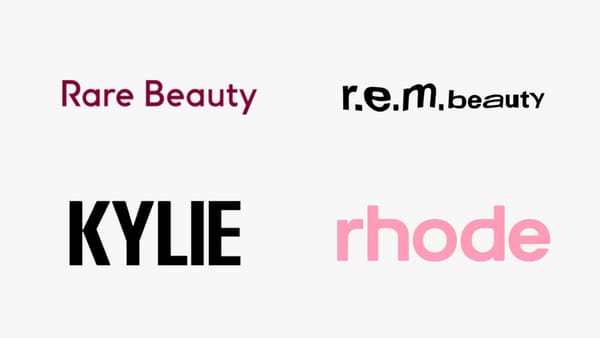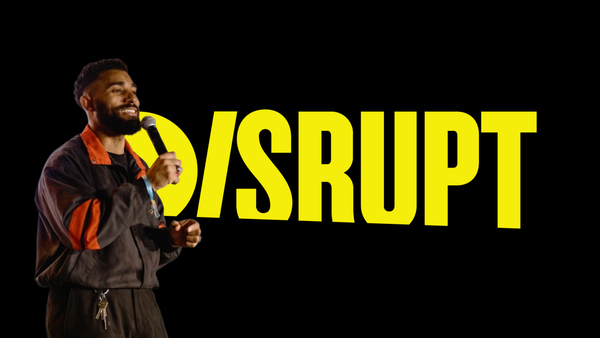There are certified doctors using TikTok to make educational content surrounding health and offer tips and advice to their audiences. TikTok users are certainly finding the information shared by doctors on the app helpful. The hashtags #DoctorsOfTikTok or #TikTokDocs have thousands of videos and hundreds of millions of views. Where the younger generation may have Googled their health symptoms in the past, they can now simply turn to TikTok.
Due to the 60-second video time limit on TikTok videos, content discussing health issues must be simple and digestible. Although for the most part, short-form content is king, does it work for in-depth education on health?
Accessibility to endless information
As previously mentioned, the hashtag #DoctorsOfTikTok has hundreds of millions of views – 722.2 million to be precise (at the time of writing this article). TikTok has a generally young usership, meaning that the platform presents itself as the perfect place for medical professionals to share information on issues that are particularly relevant to young people. There are a host of doctors using TikTok to educate their audience on sexual health, mental health, concerns surrounding COVID, and many more topics that younger generations are concerned about.
The advantage surrounding health on TikTok is that it is accessible to billions of people. Especially during the pandemic, accessibility to health care and consultations with health professionals has proven difficult for many. As well as the physical boundaries which restrict people from accessing health care, whether that be cost, no access to transport, or lack of appointments available, there are psychological boundaries that prevent many people from seeking the health care that they need. Being able to access information on health issues on TikTok breaks down some of these boundaries.
TikTok is free to use, so if a user can access information from a certified doctor about their health concerns on the app, rather than paying for a doctor’s consultation or paying to travel to a doctor’s consultation, turning TikTok would be preferable to many. Focusing on the psychological side, using TikTok to research a health concern could be a safe option for someone who is too nervous to reach out about a concern. As TikTok has so many users, those who are not yet ready to share their health concerns with those around them can gain information from the app without raising suspicions or concerns before they’re ready.
The issue of non-professionals sharing their health concerns
For the most part, we can feel comfortable that the information we are consuming from professional doctors is reliable, shaped by years of studying and experience. However, doctors aren’t the only ones sharing TikTok content in regards to health concerns. General users are sharing information about their own personal experiences. It is important to note that personal experiences can differ hugely from person to person. For those who are vulnerable to believing information on the internet or those who are generally anxious about their health, content about personal health experiences could be damaging.
Using COVID as an example, you may be scrolling through the ‘for you’ page on TikTok and stumble across a video from someone stating how they thought they had a common cold, but eventually, it turned out they needed extreme medical intervention to fight COVID. In this hypothetical person’s case, their experience of what they thought was a common cold unfortunately developed into something more severe. Although everyone’s personal experiences are valid, experiences outside of the norm may provoke potentially unnecessary concerns.
This is when the accessibility of content on TikTok becomes a less positive concept. With a wealth of information from a vast amount of sources available at our fingertips, it becomes hard to filter through fact and fiction.
In conclusion, the best way to look at content surrounding health on TikTok is if you’re unsure whether it is accurate, you should do as you would with any other issue you face and run it past a trusted source. Generally, the quantity of information on TikTok covering a multitude of topics allows consumers to educate themselves. To stay protected from false or damaging content, creators on TikTok should be clear to note where they source their information, and users should stay vigilant.



